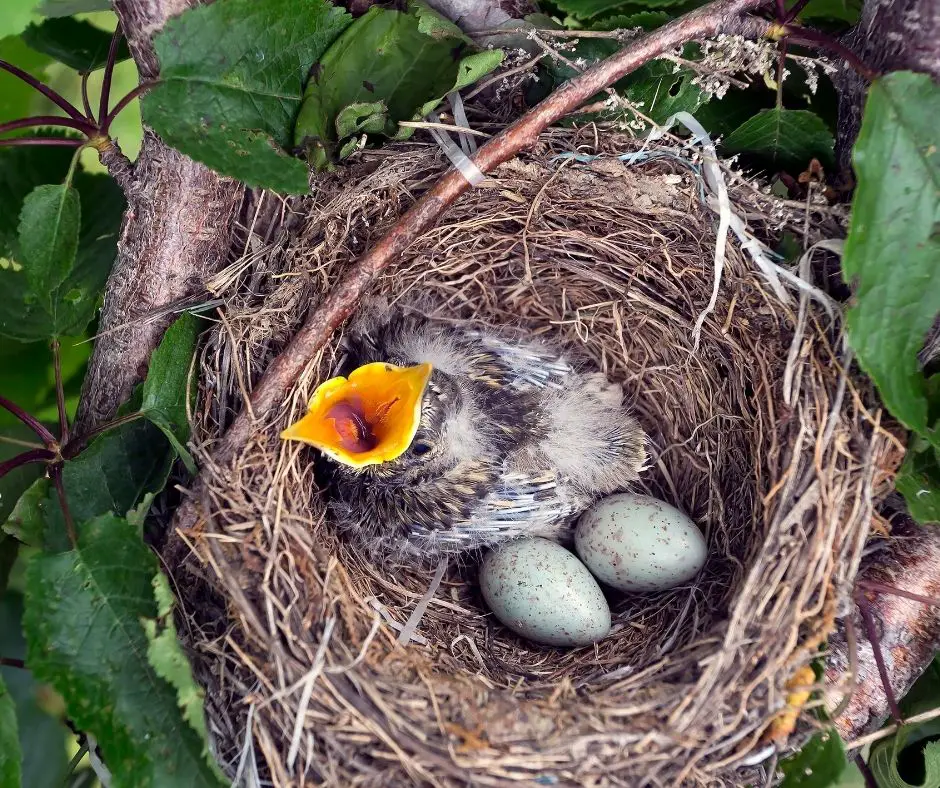Feathered Futures: The Art and Science of Breeding Exotic Birds
The world of exotic birds is as vibrant and diverse as the creatures themselves. From the striking colors of macaws to the melodic calls of canaries, these feathered companions captivate the hearts of many. Breeding exotic birds has become not only a hobby for enthusiasts but also a science that combines passion, knowledge, and an understanding of genetics. Whether for personal joy or commercial purposes, the breeding of these beautiful creatures opens a window into their intricate behaviors and biology, making it a fascinating venture.
In recent years, the availability of parrot eggs for sale has surged, offering aspiring breeders a chance to nurture their own avian friends from the very beginning. This development underpins a growing interest in ethical breeding practices, as enthusiasts seek to ensure the well-being of both the birds and the environment. With a combination of art and science, breeders are learning to balance the aesthetic qualities of their birds with the responsibility of contributing to conservation efforts. The journey of breeding exotic birds is not just about producing visually stunning pets; it's also about fostering a deeper appreciation for wildlife and ensuring a sustainable future for these remarkable species.
Understanding Parrot Breeding
Breeding exotic birds, particularly parrots, requires a deep understanding of their natural behaviors, reproductive cycles, and environmental needs. Parrots are known for their vibrant colors and intelligence, but breeding them involves careful selection of mating pairs to ensure healthy offspring. This process starts with choosing compatible birds that exhibit traits desirable for both aesthetics and temperament. It is crucial to monitor the health and genetics of the breeding pairs to avoid hereditary issues that could affect the chicks.
Creating an ideal breeding environment is also vital. Parrots need spacious, safe, and stimulating aviaries to encourage natural mating behaviors. Nesting boxes should be provided to mimic their natural habitats, as these spaces help facilitate a comfortable setting for breeding. Optimal conditions include appropriate temperature, humidity, and minimal stressors. A proper diet high in nutrients, along with access to clean water, supports the health of the breeding pairs and their future chicks.
Once the parrot eggs are laid, it's important for breeders to understand incubation requirements. The duration of incubation for most parrot species typically ranges from 18 to 30 days, depending on the species. During cockatoo eggs , breeders must ensure the eggs are kept in stable conditions to promote proper development. Monitoring humidity and temperature, along with turning the eggs periodically, are key practices. By providing care throughout the entire breeding process, breeders can increase the chances of hatching healthy and vibrant new birds.
The Market for Parrot Eggs
The market for parrot eggs has seen significant expansion in recent years, driven by the growing interest in exotic birds as pets. With a diverse range of parrot species, breeders are now offering parrot eggs for sale to meet the demand of enthusiasts looking to hatch their own birds. This trend has created opportunities for not only experienced breeders but also newcomers who are eager to engage in aviculture. As a result, the market has become more competitive, with a focus on quality, genetic diversity, and ethical breeding practices.
Additionally, the rise of online platforms has transformed how parrot eggs are bought and sold. Buyers can now connect with reputable breeders directly, often from different parts of the world, providing them access to a wider variety of parrot species. This accessibility is vital for those looking to acquire specific traits, colors, or personalities in their future feathered companions. As the avian community continues to grow, the digital marketplace is likely to flourish, making it easier for enthusiasts to find and purchase parrot eggs.

However, alongside market growth, there are pressing concerns relating to the ethical implications of breeding and selling parrot eggs. Responsible breeding practices are essential to ensure the health and welfare of the birds. Potential buyers are encouraged to conduct thorough research and seek out breeders who prioritize the well-being of their birds over profitability. By supporting ethical practices in the parrot breeding industry, enthusiasts can contribute to the sustainability of exotic bird populations and help combat illegal wildlife trade.
Best Practices for New Bird Owners
When welcoming an exotic bird into your home, it is crucial to create a safe and stimulating environment. Ensure their cage is spacious and equipped with toys and perches that cater to their natural instincts. Regularly rotate toys to keep their surroundings engaging and prevent boredom. Additionally, choose a locale that is quiet and away from direct sunlight or drafts to help your new companion feel secure.
Nutrition plays a pivotal role in the health of your bird. Invest in high-quality bird food that meets their specific dietary needs, including pellets, seeds, and fresh fruits and vegetables. It is advisable to limit treats and human food to prevent obesity and health issues. Always provide fresh water daily, and regularly clean food and water containers to maintain hygiene.
Establishing a routine for interaction and socialization is vital for your bird’s wellbeing. Spend quality time bonding with your pet daily through play and gentle handling, as this builds trust and reduces stress. Attend to their social needs by considering a companion bird if their species thrives in pairs. Regular veterinary check-ups are also essential to monitor their health and catch any issues early on.